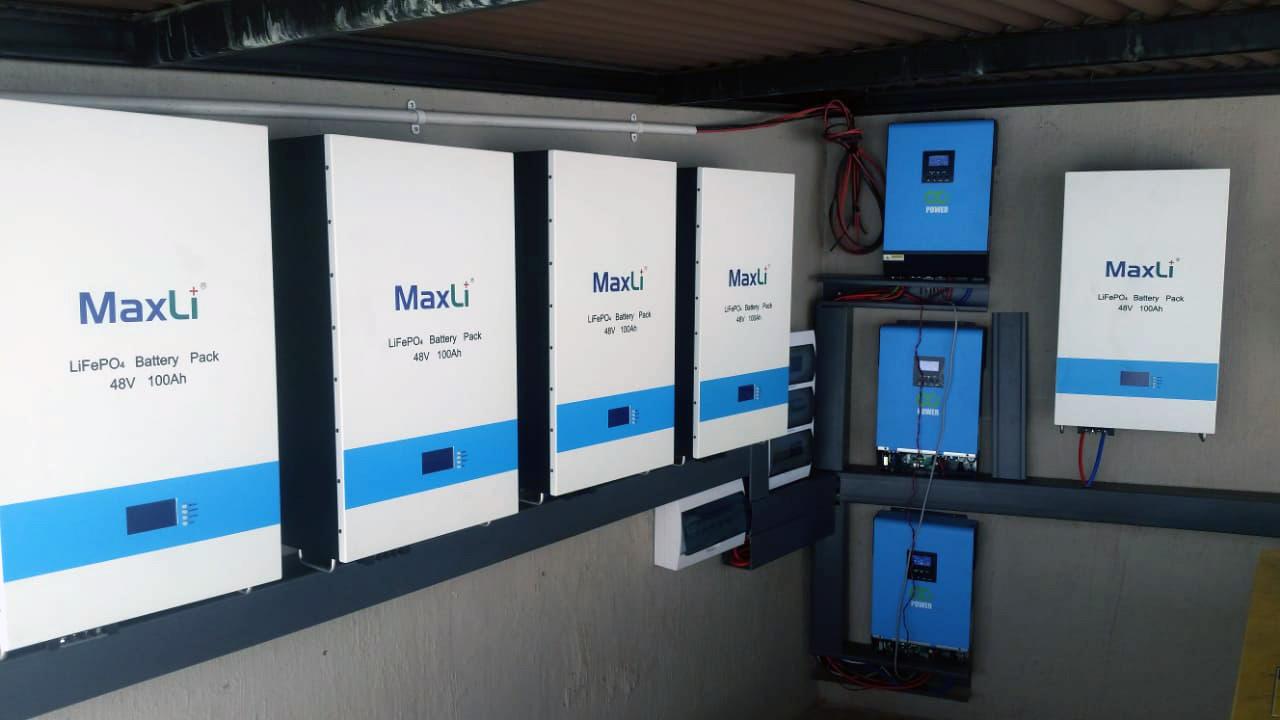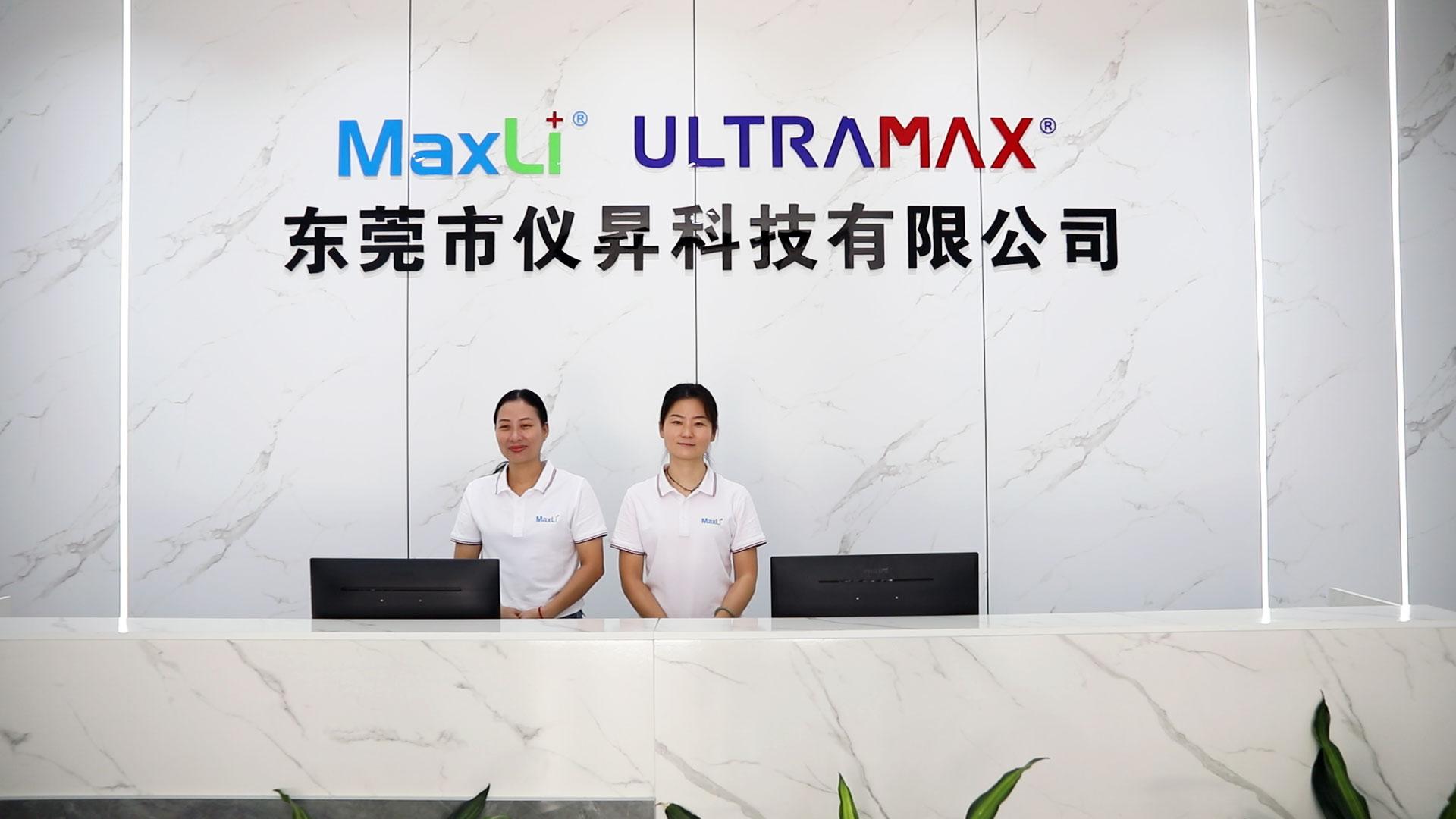2025-07-16 19:38:24
With energy prices fluctuating across Europe and extreme weather events on the rise in North America, home energy storage systems (HESS) have quickly become a "power insurance cabinet" for many households. A well-designed HESS improves energy self-sufficiency, enhances resilience, and provides backup power security. However, if configured or used improperly, such systems could become potential safety risks.

So, how can homeowners configure a storage solution that is not only safe, but also stable and efficient over the long term? This article explores the answer in depth.
Each product type suits different housing structures, energy usage habits, and budget levels. Below is a detailed comparison of common HESS products and their application scenarios:
| Product Type | Description | Capacity Range | Typical Application | Key Advantages |
|---|---|---|---|---|
| Wall-mounted ESS | Compact, wall-mounted, highly integrated, grid-tied support | 5–10 kWh | Urban residences, small homes, solar + storage combos | Space-saving, sleek design, standard inverter compatibility |
| Modular Stackable System | Expandable multi-module setup, high power output | 10–30 kWh | Villas, high-load families, scalability required | Flexible capacity, easy maintenance, long cycle life |
| Portable Power Station | Plug-and-play, compact size, AC/DC ports included | 0.5–2 kWh | Outdoor use, emergency backup, small appliances | Lightweight, no installation, ready to use instantly |
| Hybrid Grid/Off-Grid System | Supports both grid-tied and standalone operation | 15+ kWh | Remote areas, unstable grid, off-grid households | Multi-source input, high energy autonomy |
Home storage systems typically involve high-voltage components and intelligent control logic and must function reliably in dynamic environments (e.g., day-night cycles, changing load demands). While modern ESS products offer multi-layer protection, correct usage and maintenance are essential for long-term safety and system performance. Key points include:
Whether you're using a single pack or multi-stack system, ensure that battery cells, voltage range, and inverter protocols are fully compatible. Misconfigured BMS or communication mismatches can lead to overcharging, false alarms, or system shutdowns.
Lithium batteries are temperature-sensitive. Install the ESS in a dry, ventilated, fire-safe space. For large-capacity systems, active air or liquid cooling is recommended to avoid performance degradation from prolonged heat exposure.
ESS units operate at high voltage and must be installed by certified technicians. Only use products that pass safety standards like UL1973, IEC62619, UN38.3, CE to avoid regulatory issues or insurance voids.
Systems equipped with Wi-Fi, Bluetooth, or RS485/RS232 should be connected to monitoring platforms. Real-time data (SoC, temperature, fault codes, etc.) improves visibility and supports preventive maintenance.

As a leading OEM/ODM manufacturer based in Dongguan, China, MaxLi specializes in lithium battery and ESS solutions for global energy brands, system integrators, and distributors. With 13+ years of experience and deep technical know-how, MaxLi helps partners ensure end-to-end safety, stability, and compliance. Our advantages include:
Whether you’re a brand, integrator, or developer planning your next residential ESS project, MaxLi is ready to provide safe, intelligent, and fully customized energy storage solutions.
Reach out today to receive our product catalog and technical consultation.
MaxLi Battery
Leading customized lithium battery solution provider, MaxLi Battery offers reliable and innovative lithium battery packs, inverters and energy storage systems.
Navigation
+86-755-2826 3589
Manufacture Base:
Building 8 & 9, No.107 Qingyu Road, Qingxi Town, Dongguan City, Guangdong Province, China, 523660.
Business Center:
Floor 25, Building A, Bantian International Center, No.5 Huancheng South Road, Bantian Street, Longgang District, Shenzhen, China 518129.